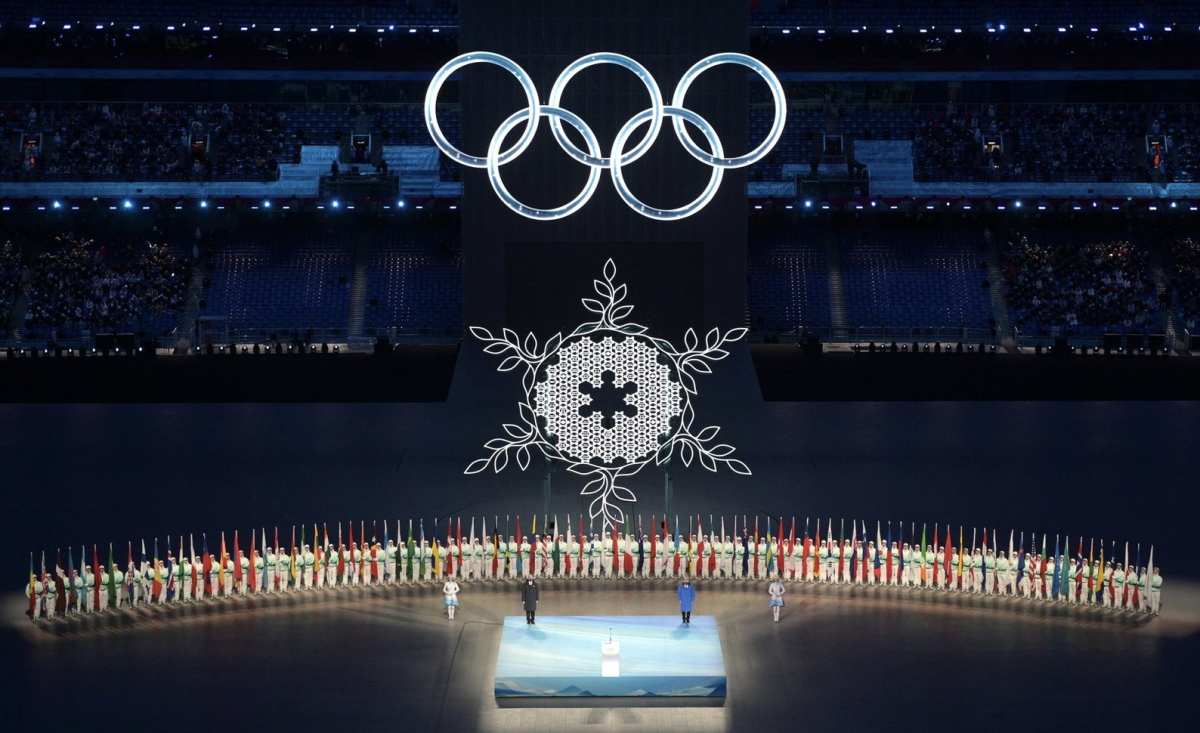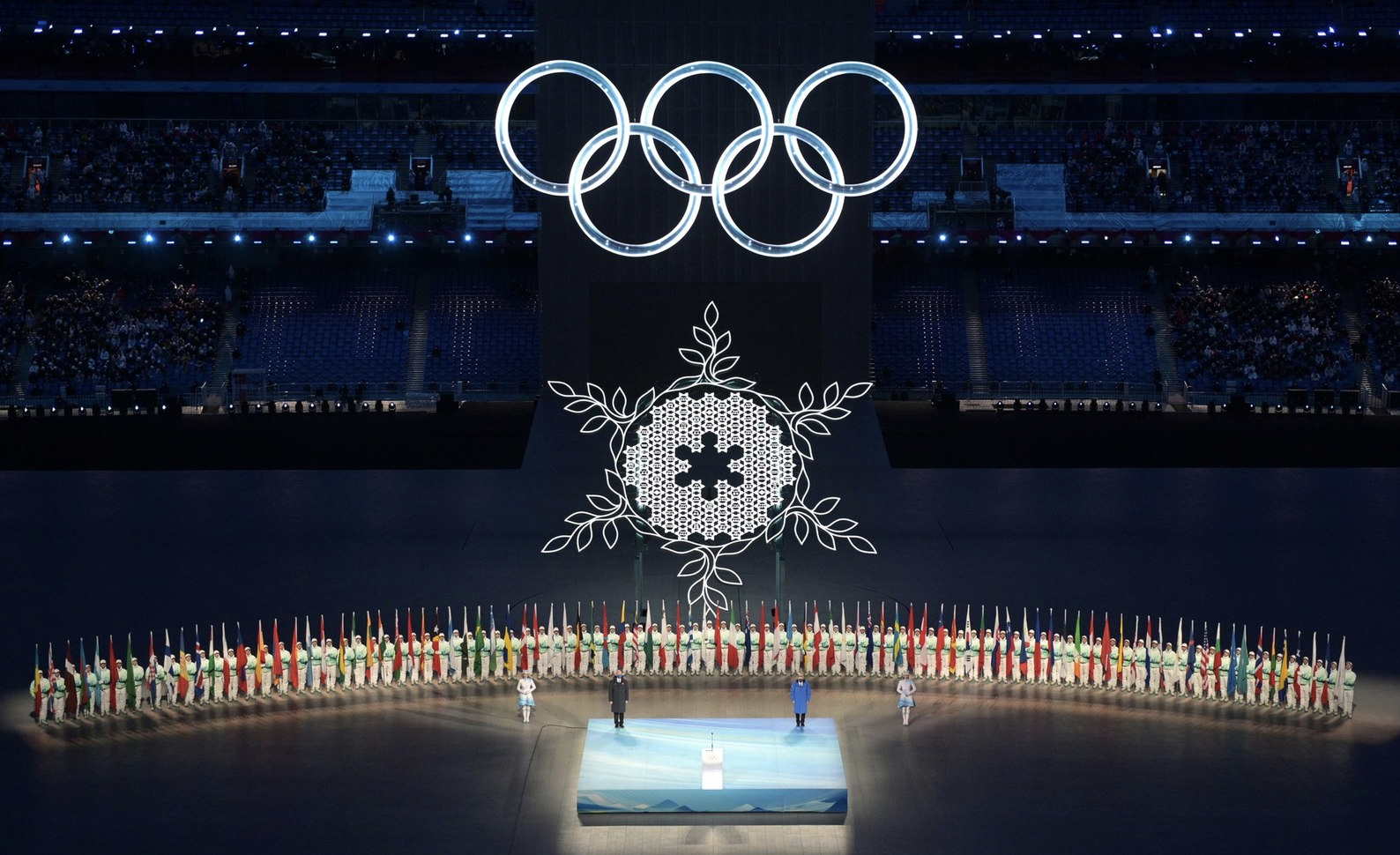Thousands of athletes dream of participating in the Olympics, but very few get to compete, and even fewer achieve gold. It is an opportunity to achieve lifelong dreams, but is it worth the crippling pressure?
Many athletes begin training at a very young age and continue training well into their teen and young adult lives. They possess the drive and determination to expand their efforts to fulfill their goals. Consequently, the role of an Olympic athlete often comes with consequences and sacrifices to be made.
Simone Biles, for instance, was offered a full scholarship to UCLA but declined it because she wished to pursue her Olympic dream. She was brave enough to sacrifice her academic and social life to achieve her dream. This quickly turned into something the media was happy to cover and make a huge deal about. While some have commended her dedication to the Olympic Games, others see it as a total waste of potential and opportunity.
Similarly, the financial commitment required for athletes to participate in the Olympics places additional strain on them to regain their savings. Training, coaching, physical therapy, and medical care are expected to cost upwards of $700,000 during the summer and more than $1.3 million during the winter. Over the long term, a high level of money spent continually can lead to debt. When athletes feel pressure to win gold medals, it can create stress. It is more advantageous to win gold medals, simply because athletes receive numerous sponsorships and publicity. When the athlete is praised and adored for a title and fame, they gain fame and popularity. Conversely, if an athlete does not win any medals or only silver medals, then they receive absolutely nothing in return.
Stress is unavoidable for athletes due to the lack of encouragement from their teammates, which causes them to carry that pressure to the Olympic stage. A retired American figure skater from the 2006 Olympics, Sasha Cohen, shared in Michael Phelps’ documentary, The Weight Of Gold, how she fell twice within the first 30 seconds of her performance. In the end, she was awarded a silver medal due to a foul. At the moment, she explains she was quite stunned and devastated. She still finds herself reliving that moment on a daily basis, and she continues to be upset about it.
Cohen points out that, as an Olympian, when one fails it matters so much more, since every performance defines one’s identity. This is their life.
In addition, the media always comes up with a comment regardless of which direction athletes take, inside or outside the Olympic arena. Media criticism adds additional pressure and noise by illustrating a false story or even a perfect one. In the end, the pressure just builds.
To combat this toxic culture, the Olympics should provide mental health services to participants to decompress and improve their performances. Everyone involved must also be more understanding and sympathetic overall when an athlete decides to take a step back and take responsibility for their well-being.
Celebrities, athletes and anyone in the limelight who discusses their mental health is generally frowned upon. Rather than recounting the road to success, people are more interested in hearing about success stories.





![[Both photos courtesy of sonoma.edu]
Ming-Ting Mike Lee stepped in as the new SSU president following Sakakis resignation in July 2022](https://sonomastatestar.com/wp-content/uploads/2024/04/CC4520AB-22A7-41B2-9F6F-2A2D5F76A28C-1200x1200.jpeg)



























